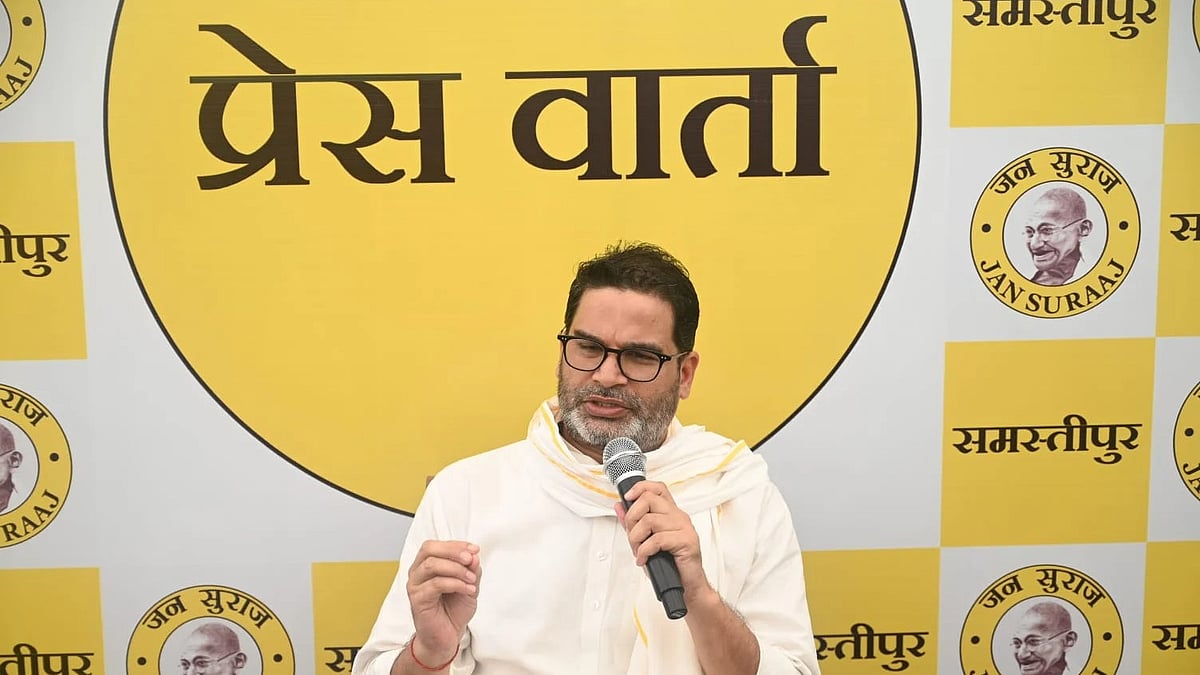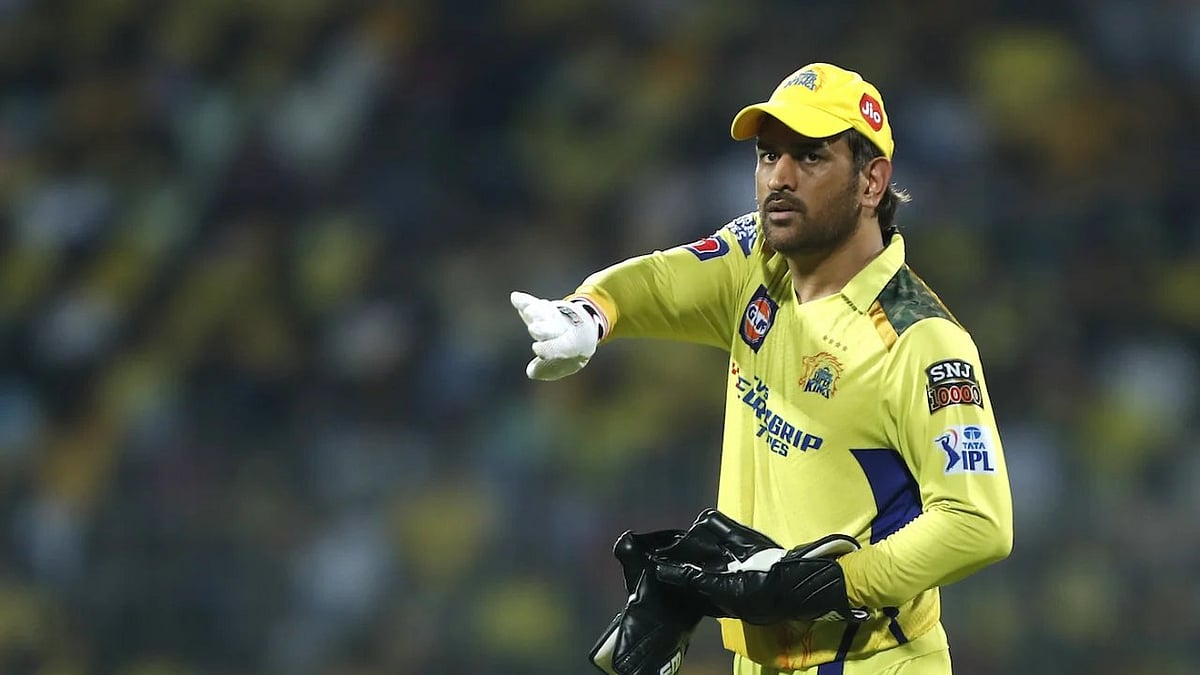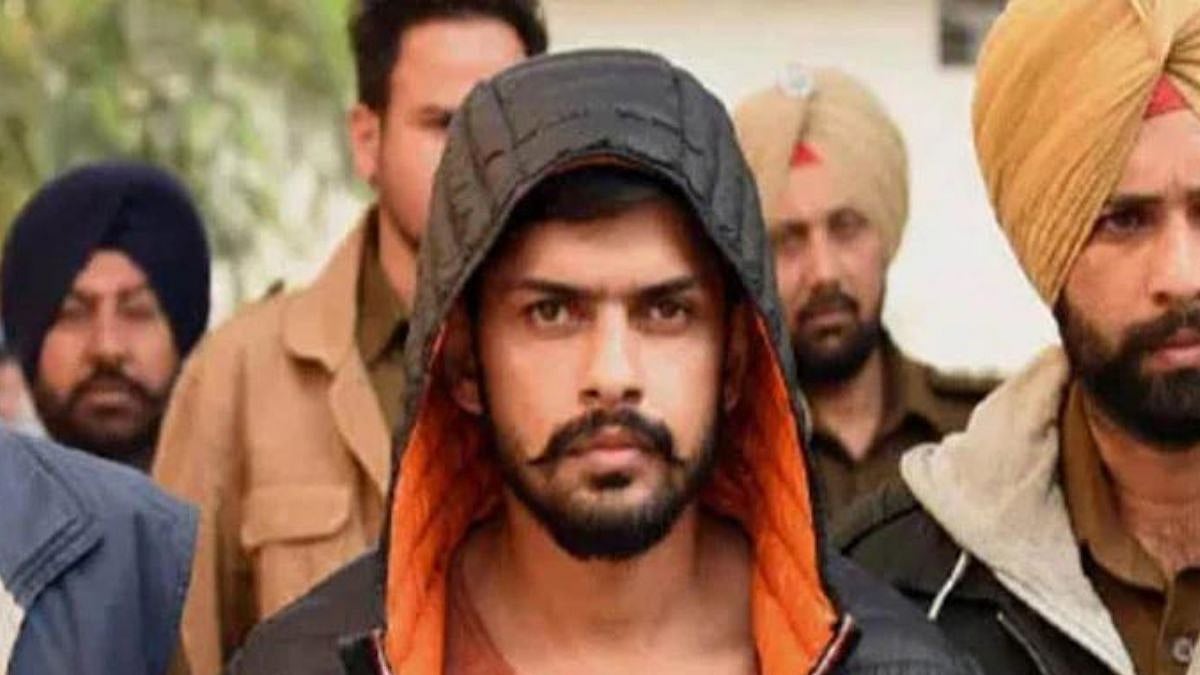I have met Prashant Kishor only once. One morning, Arvind Kejriwal called me to say that Prashant Kishore was coming to meet him, and I should be part of the conversation. This must have been in 2017 when I was in AAP. Due to traffic congestion, I arrived late, and the main conversation had already happened. After a brief conversation, he took his leave. As he departed, Kejriwal turned towards me and said, “He thinks I am an idiot.” I was a little surprised. He went on, “He was telling me that I should continue as CM, and he could take care of the party, and together we will conquer the world.”
Prashant Kishore (PK) was then in the business of helping political parties with his team to contest and win elections. In 2014, he was with Modi, but later he changed sides multiple times. He helped Nitish Kumar, MK Stalin, Mamata Banerjee, Kejriwal, and many others. He had a peculiar habit of getting very close to the top leader in the party, becoming their eyes and ears, then suddenly exiting the party. He did try to convince Rahul Gandhi that he had the magic wand to transform the party into a winning horse. He had many meetings, but his plan was not acceptable to the more than hundred-year-old party, as he wanted a total monopoly over the party organisation, reporting only to Rahul Gandhi. Rahul Gandhi refused.
This was the same formula that PK had tried to sell Kejriwal. After his meeting with PK, Kejriwal had commented that afternoon that PK was super talented but fatally ambitious. After failing to take control of any traditional political party, PK floated his own party in Bihar three years back. He named his party the Jan Suraj Party, and one must give him credit for making his party a significant talking point in this Bihar Assembly election through sheer hard work and meticulous planning. Survey after survey is showing that PK and his party can’t be ignored. It is widely believed that he might emerge as a kingmaker. And nobody knows which of the two political alliances the Jan Suraj Party will damage.
PK should be given credit for not taking the caste route to connect with the people of Bihar. Like Kejriwal in 2013/2015, he is addressing the real issues of Bihar. He is raising issues of unemployment, price rises, health, governance, corruption and educational backwardness. He might not admit it, but Kejriwal is his role model, and he is trying to replicate the Kejriwal model of politics in Bihar. Like Kejriwal, he advocates for clean politics.
But there is a huge difference between the two. Kejriwal was the product of a movement that had ignited hope that politics could be changed. AAP’s politics was a rejection of the establishment and status quo. Secondly, Kejriwal utilised Delhi as a pilot project, a highly urbanised constituency with a very high literacy rate and one of the highest per capita incomes, characterised by an evolved worldview. Bihar is the most backward state in India, with the lowest per capita income, and has only 6% of graduates and 4% of households earning more than Rs 50,000 per month.
Bihar is still living in an age where caste defines one's existence and identity and determines citizens’ voting behaviour. In a state like this, PK’s attempt to experiment with identities beyond caste and religion for an electoral pitch is bold and unique, but whether it will help him win a substantial vote share and remain relevant even after the elections is to be seen. He should be admired for thinking outside the box and having the courage not to walk the beaten path. But his real test will start once the results are announced.

I can tell from my experience that Kejriwal was pure and simple-hearted when he jumped into politics. He was convinced that he and AAP could change politics, but politics has the strange quality of appropriating those who dare challenge it and turning idealists into pragmatic monsters. Mahatma Gandhi, Nehru, and JP were exceptions. Kejriwal did not have the courage of his convictions and effortlessly metamorphosed into a wily politician using all the tools that give politics a bad name.
PK is no Kejriwal. To begin with, he is not an idealist. He is driven by his ambition and lust for power. The only difference is that he chose a path that masks his true intent. I have no quarrel with his path. Everyone has the right to choose their own path. If he succeeds, it will inspire many more to move away from caste and religious calculus, and that will be good for the country.
The writer is Co-Founder, SatyaHindi.com, and author of Hindu Rashtra. He tweets at @ashutosh83B




